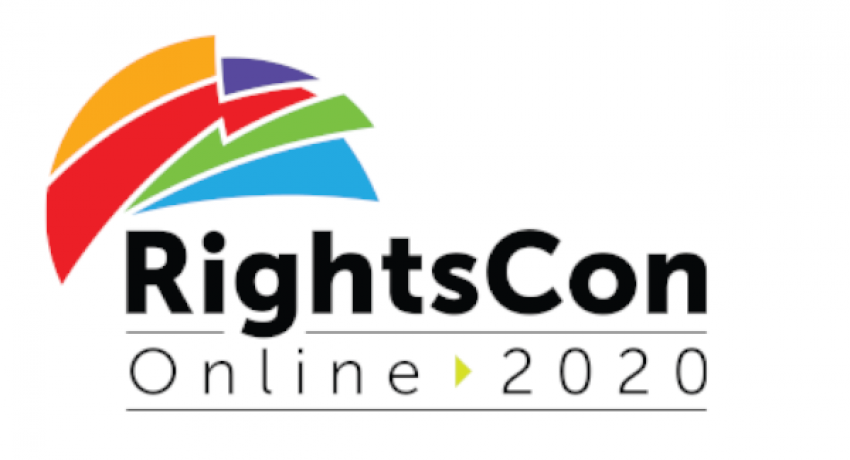Global Cyber Alliance Joins Design 4 Democracy (D4D) Coalition
The Global Cyber Alliance (GCA) is delighted to join the Design 4 Democracy (D4D) Coalition to contribute to a community providing resources at the intersection of technology and democracy.


